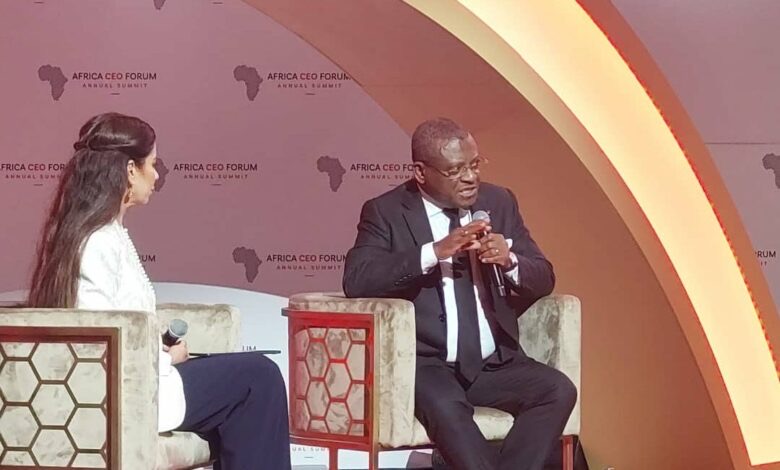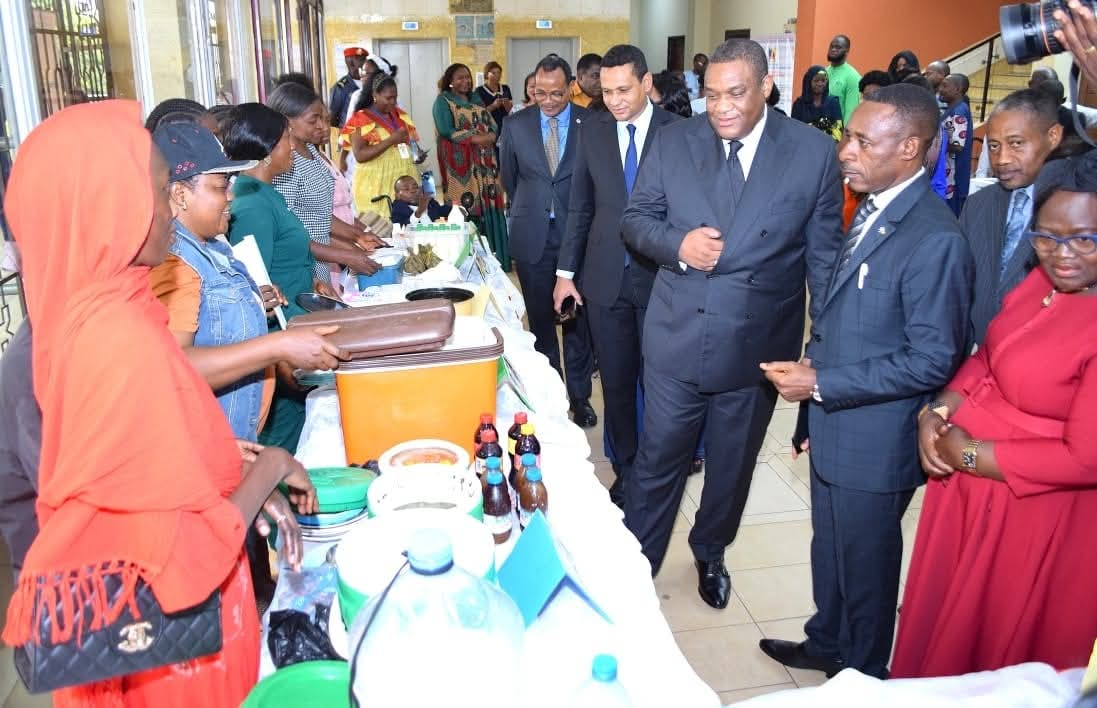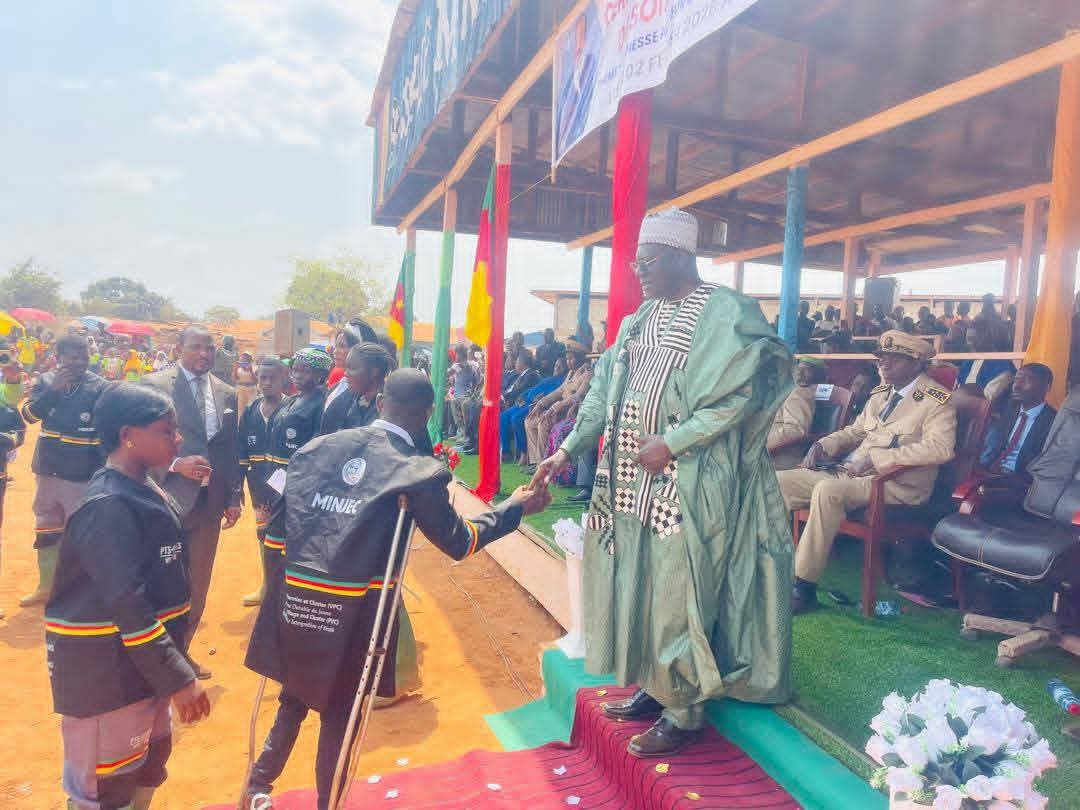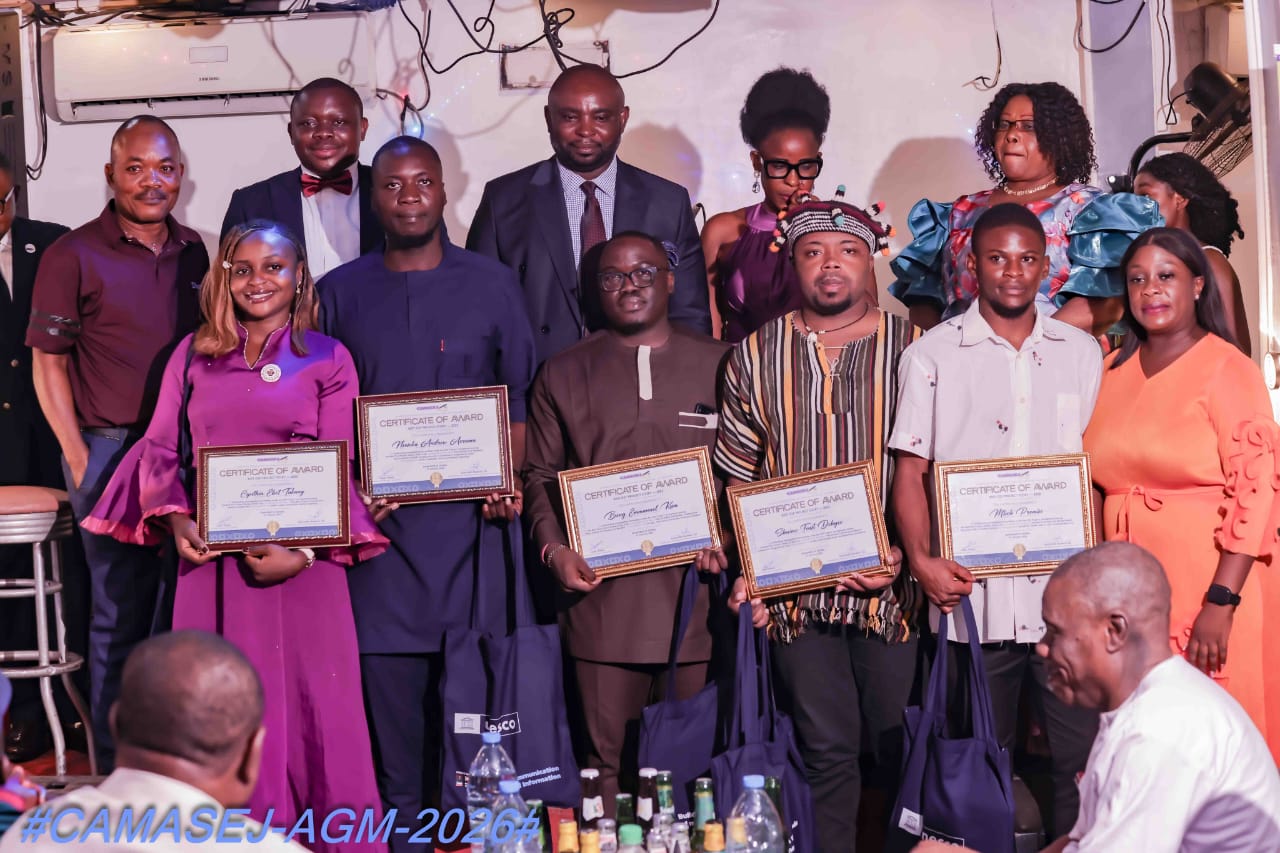Amongst these projects presented, there is the development of an integrated zone at the Port of Kribi, the Ouassa Babote agro-industrial technology park, and the Chollet hydroelectric scheme and associated power lines.
The Cameroonian delegation at the Africa Ceo Forum in Abidjan, Côte d’Ivoire, lived up to its objectives: to present Cameroon’s assets in terms of projects, and to attract potential investors. Led by Joseph Dion Ngute, the Prime Minister and representative of the President of the Republic at the event, the Cameroonian delegation included the Minister of Finance (Minfi), Louis Paul Motaze, and the Minister of the Economy, Planning and Regional Development (Mlnepat), Alamine Ousmane Mey. The delegation also included private sector investors from several sectors.
In line with SND 30, Cameroon’s National Development Strategy for the period 2020-2030, the Cameroonian representatives took this opportunity to present Cameroon’s major priority projects to an audience of institutions, donors and economic operators from Europe, Asia and America. The implementation of Cameroon’s Priority State Investment Programme (PIP), steered by the Ministry of the Economy, Planning and Regional Development, requires the mobilisation of both public and private resources.
In the area of infrastructure, Cameroon is seeking investment in roads, railways and industry. The list of these projects was presented by Minepat’s technical advisor. The list included the Edéa-Kribi motorway construction project, which Pedie Strafort said would “improve access to the Port of Kribi, the developing economic zone and the town of Kribi”. Worth 705 billion FCFA, the feasibility studies for the project are already available. The 352.7 km long road will be built as a public-private partnership.
The project to develop an integrated zone at the Port of Kribi , a major structuring project for Cameroon, requires an estimated investment of 900 million US dollars (551.3 billion FCFA), under a public-private partnership. “The aim is to make the Port of Kribi more attractive by creating an integrated industrial zone dedicated to logistics services and processing industries”, Pedie Strafort explained to potential investors attending the Africa Ceo Forum.
Another project in the infrastructure segment is the construction of the Ngaoundéré-Ndjamena railway line (683.7 km), worth around FCFA 4,545 billion. As for the Yaoundé bypass (CFAF 794.4 billion for the construction of the ring road, CFAF 469.6 billion for the urban development poles), according to Minepat’s technical adviser, its objective is to facilitate sub-regional and local transport, and will help to relieve congestion in the centre of the Cameroonian capital and reduce greenhouse gases, among other things.




